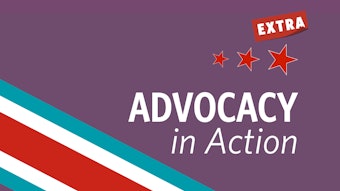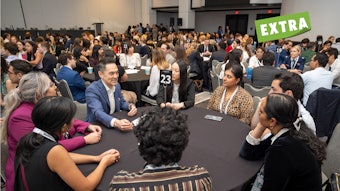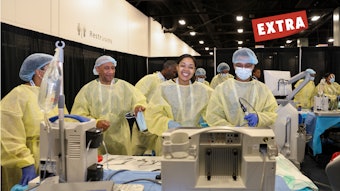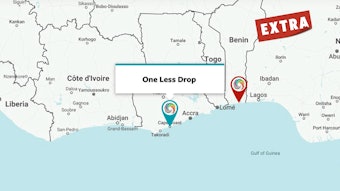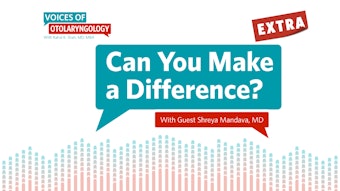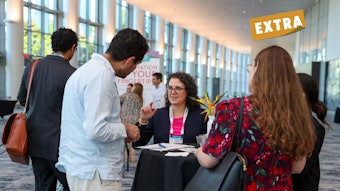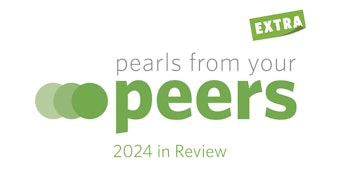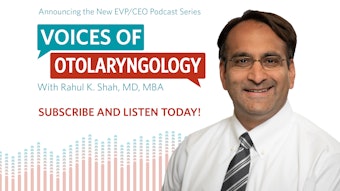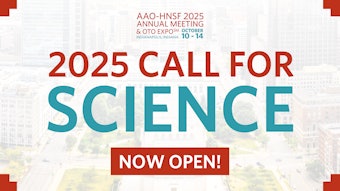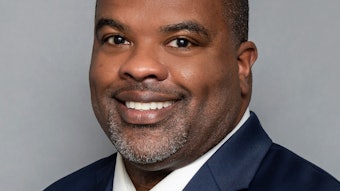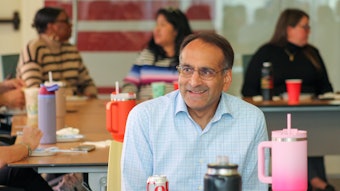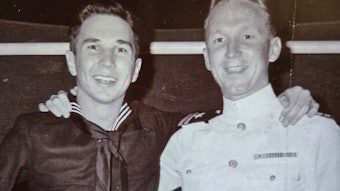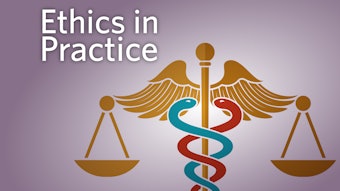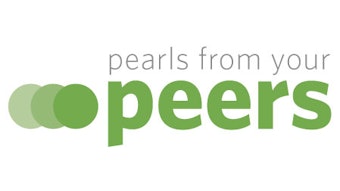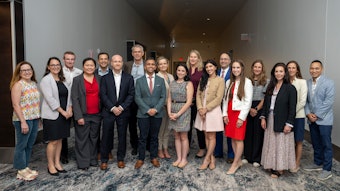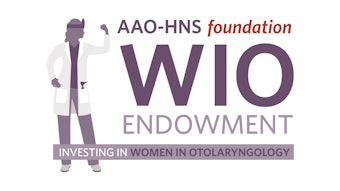Meet AAO-HNS Advocacy Coordinator Lance A. Manning, MD
As the new Advocacy Coordinator, Dr. Manning shares his vision for the future of otolaryngology advocacy and the challenges ahead.
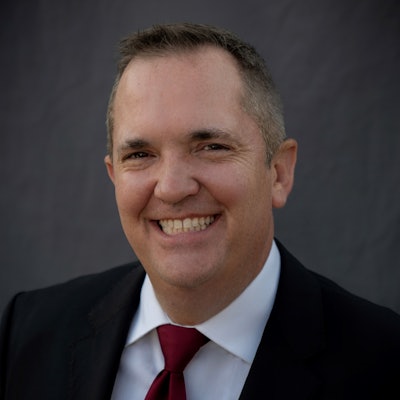 Lance A. Manning, MD
Lance A. Manning, MD
Advocacy Coordinator, American Academy of Otolaryngology–Head and Neck Surgery
Dr. Manning’s leadership comes at a pivotal time, as practices grapple with legislative changes, evolving regulatory policies, and rising healthcare costs. He sat down with the AAO-HNS Advocacy team to share his vision for the Academy’s advocacy work and the path that led him to this vital role.
Tell us a little about your background and what drew you to otolaryngology.
My grandmother’s experience was pivotal in drawing me to otolaryngology. She was post-lingually deaf and one of the early recipients of a cochlear implant. Witnessing the profound impact this technology had on her life and our family’s dynamic opened my eyes to the incredible potential of otolaryngology in transforming patients’ lives.
After completing medical school at the University of Arkansas for Medical Sciences, I trained at the Mayo Clinic, where I had an incredibly formative experience. Throughout my time there, I had the privilege of working with several mentors whose guidance and insights profoundly shaped my career. The values and skills I developed under their mentorship are still very much a part of my practice today, and I am immensely grateful for the impact they’ve had.
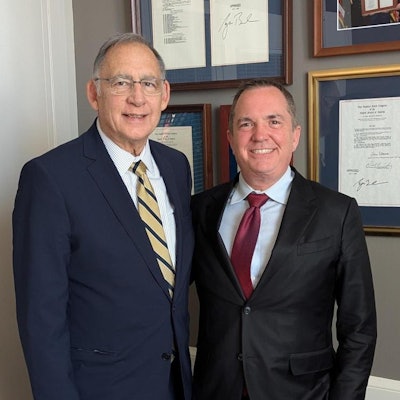 Dr. Manning (right) visited with Senator John Boozman (R-AR) in mid-December 2024.
Dr. Manning (right) visited with Senator John Boozman (R-AR) in mid-December 2024.
I am most excited about the opportunity to collaborate with colleagues, subspecialty societies, elected representatives, and leaders to advance initiatives that will empower physicians and support the growth and sustainability of their practices.
What are the most pressing advocacy and policy issues impacting otolaryngology?
Currently, inflationary pressures are a major concern, affecting both the sustainability of practices and patient access to essential services. As costs rise, it becomes increasingly difficult for practices to remain viable, and this, in turn, impacts the care we can provide. That is why Medicare physician payment is one of our top priorities. We know that Medicare acts as an unofficial benchmark for our entire healthcare system. If Medicare undervalues physicians, so will private payers. We need to reform the system in a way that gives physicians the financial stability they need to operate their practices and better serve their patients.
What specific bills or policy changes is the Academy focusing on now?
In the short term, we are heavily advocating for Congress to extend Medicare telehealth flexibilities and to pass Medicare Advantage prior authorization reform. These two policies could be passed in an end-of-year package and improve patient access to care.
In the long term, we will also focus on minimizing administrative burden. This includes Medicare's Quality Payment Program reporting requirements and red tape from private payers. We are actively engaged in advocating for policy changes that directly address these issues to ensure practices can continue offering high-quality, accessible care to patients.
What do you think are the top legislative priorities for 2025?
The Academy is focused on securing increases in the Medicare physician fee schedule that are tied to the Medicare Economic Index, a measure of practice cost inflation. Currently, physicians are the only Medicare providers that do not receive annual inflationary updates. This needs to change. Additionally, we’re working to prevent looming cuts to the Medicare conversion factor, which is at its lowest level since 1993, by pushing for a bridge to help stabilize reimbursement rates. For example, physicians face a 2.83% cut to the conversion factor for 2025. This would be the fifth cut to the conversion factor in as many years. We are urging Congress to mitigate this cut in the short term, so we can then focus on long-term reforms.
As the new Advocacy Coordinator, you’ll be working closely with the Academy’s members and advisors on the AMA’s CPT Editorial Panel and the RUC. The Editorial Panel and RUC make important decisions regarding coding and reimbursement. How does this collaboration help our specialty?
As a member of the RUC team, I can speak to the dedication of our team in advocating for fair reimbursement for our colleagues in otolaryngology-head and neck surgery. This advocacy is crucial for maintaining practice sustainability and ensuring that our patients have access to the care they need. Our team’s work is driven by a commitment to supporting our peers and advancing our specialty.
What advice do you have for otolaryngologists interested in advocacy?
In the words of Nike, “Just Do It.” Get involved at whatever level you can. You’ll find that your engagement leads to fulfillment, allowing you to reach beyond your local region and build relationships and achievements that you’ll carry with you throughout your career.
Is there anything else that you would like AAO-HNS members to know about you?
As Advocacy Coordinator, I am committed to working with each of you to drive the initiatives that will empower our specialty and support the ongoing excellence of our field. I look forward to what we can accomplish together.
To learn more about the Academy’s advocacy activities, visit www.entnet.org/advocacy.
